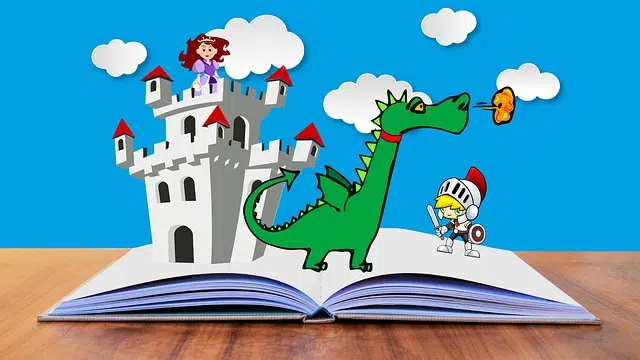
A string is a succession of elements. For example: "My grandfather has a string of stories to tell."
A string is a succession of elements that are mentioned or appear in a certain order . It is a series that is usually made up of events, expressions or things that are not material.
Some examples
Let's illustrate the meaning of this term using some example sentences: “The president tried to explain the crisis with a string of clichés that did not convince anyone,” “The string of negative effects caused by the closure of companies is very extensive and continues growing up” , “When answering the phone, the young man heard a string of insults that left him stunned.”
Throughout the three examples it is clear that a string is a succession of elements. However, depending on the context, this can have a positive, neutral or negative connotation. In the case of the president, his speech was not effective, because he woven a series of concepts that were not adequate to justify the economic and social problems that his country was experiencing.
The second example tells us about elements that do seem ordered and linked to each other. The third, on the other hand, once again presents us with a series of phrases that are probably spontaneous or impulsive, and that do not follow logic or depend on others to complete their meaning.
Retahíla as a succession and as a play on words
Suppose an old man spends the day telling stories to his grandchildren. The little ones sit around them and listen carefully to the stories. It can be said that grandfather has a string of stories to share with the children.
In this case, the term refers in a positive or neutral way to a reality that from certain points of view could be negative. For example, if someone said that the old man keeps telling stories that don't interest anyone. It could be the same person, but the difference would be in the recipient of the stories. That is why it is so important to choose the right words to describe a situation: saying "he has endless stories to tell" is not the same as complaining that "he spends all day telling stories."
The idea of retahíla is also used to name word games or songs that are based on the enumeration of events, usually resorting to rhymes . These strings are usually constituted as a children's pastime and as a tool to develop memory, creativity and expressive fluency.

The strings can be word games, such as the "sana, sana" rhyme to calm children's crying.
Some examples
“Healthy, healthy, / little frog's tail. / If it doesn't heal today, / it will heal tomorrow” is a well-known refrain. This expression is used to calm a child who has been hit or slightly injured and who is upset, distressed and needs comfort from his or her elders. During early childhood, falls, trips and blows due to lack of attention are very common. Although there are children who get up and continue walking as if nothing had happened, others immediately turn to the arms of the figure who offers them protection, to comfort them. This string is ideal for these cases; When children get used to it, they unconsciously associate it with a healing effect .
“He who went to Seville / lost his chair” is another very popular string, which in some regions is known as “He who went to the town / lost his chair.” The phrase can be continued in different ways ( "He who went to León / lost his chair" , "He who returned / took it away" , etc.). Its basic use occurs when one person gets up from a seat and another person removes it before they return, either at home or in a public space. But it can also be used for different situations , in which the object that was taken is another.
